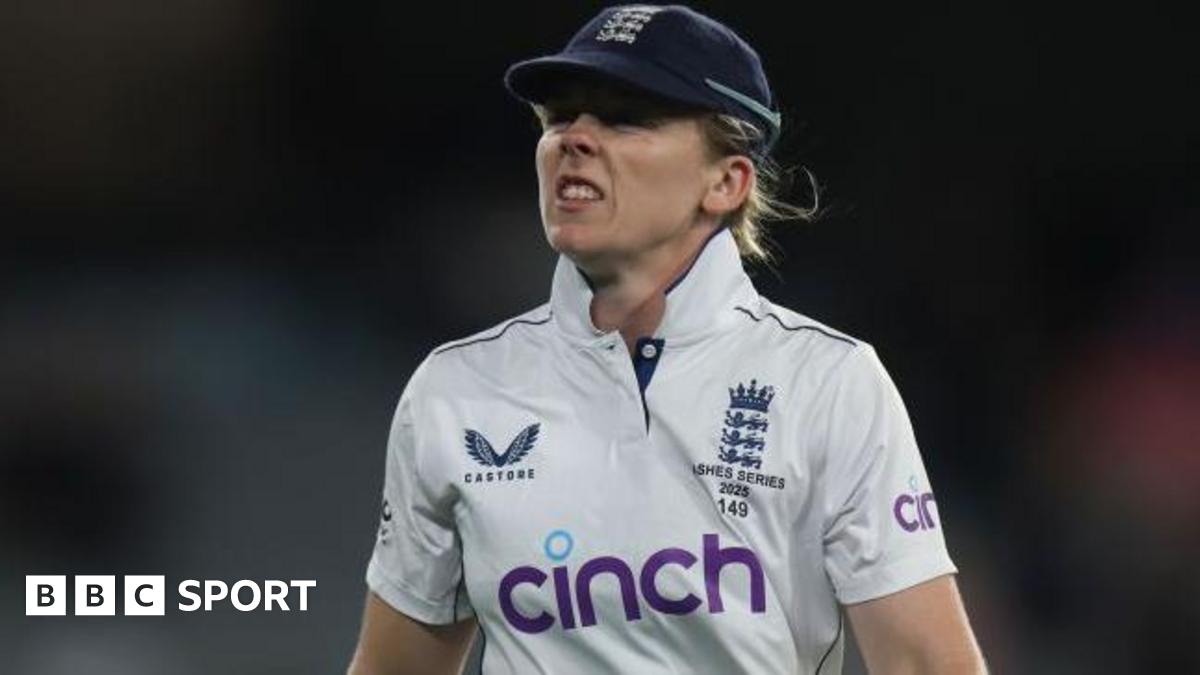US President Donald Trump has held what he described as a “very good” hour-long phone call with his Ukrainian counterpart Volodymyr Zelensky, a day after speaking to Russia’s President Vladimir Putin.
Zelensky said afterwards that he believed that “lasting peace can be achieved this year” under Trump’s leadership.
Possible US ownership of Ukraine’s nuclear power plants was also discussed, the White House said, although Zelensky later stated this was only about the Russian-held Zaporizhzhia facility.
The tone of the call seems to be in contrast to Zelensky’s visit to the White House last month, in which the two leaders – along with US Vice-President JD Vance – were involved in a tense exchange.
Wednesday marked the first time the two men have spoken since the meeting in the Oval Office – although since then, their teams have met in Saudi Arabia and negotiated a proposed 30-day ceasefire.
While it is backed by Ukraine and the US, Putin rejected the proposal for a widespread pause in the conflict during his phone call with the US president on Tuesday.
During his conversation with Trump, Zelensky said he was open to a partial ceasefire involving a halt on strikes on energy infrastructure, rail and port facilities that could be established quickly – but the Ukrainian president warned his country would retaliate if Moscow violated the terms of the ceasefire.
“I understand that until we agree [with Russia], until there is a corresponding document on even a partial ceasefire, I think that everything will fly,” he said, referring to drones and missiles.
Writing on his social media platform Truth Social, Trump said the call was aimed at aligning Ukraine and Russia “in terms of their requests and needs”, adding that ceasefire efforts were on track.
Later, in a more detailed statement, Secretary of State Marco Rubio said Trump had agreed to help Ukraine source additional air defence systems, particularly in Europe.
The two leaders “agreed to share information closely between their defence staffs as the battlefield situation evolved”, he said.
Rubio’s statement also said Trump and Zelensky had discussed “Ukraine’s electrical supply and nuclear power plants” with Trump saying “the United States could be very helpful in running those plants with its electricity and utility expertise”.
“American ownership of those plants would be the best protection for that infrastructure and support for Ukrainian energy infrastructure,” Rubio’s statement added.
Zelensky said the topic of power plants had been raised, but that they had only mentioned the Zaporizhzhia facility.
The developments will come as a relief for Zelensky, who described his conversation with Trump as “positive”, “frank”, and “very substantive”, during an online briefing to journalists on Wednesday.
“We believe that together with America, with President Trump, and under American leadership, lasting peace can be achieved this year,” he wrote on X.
During the video call with reporters, Zelensky said he believed Putin would not agree to a full ceasefire while Ukrainian troops remained in Russia’s western Kursk region, after Kyiv launched a surprise attack on the region in August last year.
While both Zelensky and Putin have said they would agree to halt attacks on energy infrastructure. However, both have since accused each other of continued attacks.
Trump said Wednesday’s call with Zelensky lasted about an hour.
“Much of the discussion was based on the call made yesterday with President Putin in order to align both Russia and Ukraine in terms of their requests and needs,” he wrote on Truth Social.
Technical teams from Ukraine and the US are expected to now meet in Saudi Arabia in the coming days.
In the White House last month, Trump told Zelensky he was not thankful enough for US military and political support, and that he was “gambling with World War Three”.
The US temporarily then suspended military aid and intelligence sharing with Ukraine, but diplomats were able to improve relations and on 11 March the two sides agreed on a ceasefire.
During his call with Trump on Tuesday, Putin agreed to halt Russian attacks on Ukraine’s energy infrastructure.
But he said a full ceasefire would only work if Ukraine’s supporters stopped giving military assistance – a condition Kyiv’s European allies have previously rejected.
Hours later both Ukraine and Russia launched attacks, with Kyiv saying hospitals had been targeted.
Officials in the southern Russian region of Krasnodar said that a Ukrainian drone attack sparked a small fire at an oil depot.
Despite the strikes, Kyiv and Moscow carried out an exchange of prisoners on Wednesday. Each side released 175 POWs.
Zelensky described the swap as “one of the largest”, adding that Russia included an extra 22 “severely wounded” soldiers.
Source link
